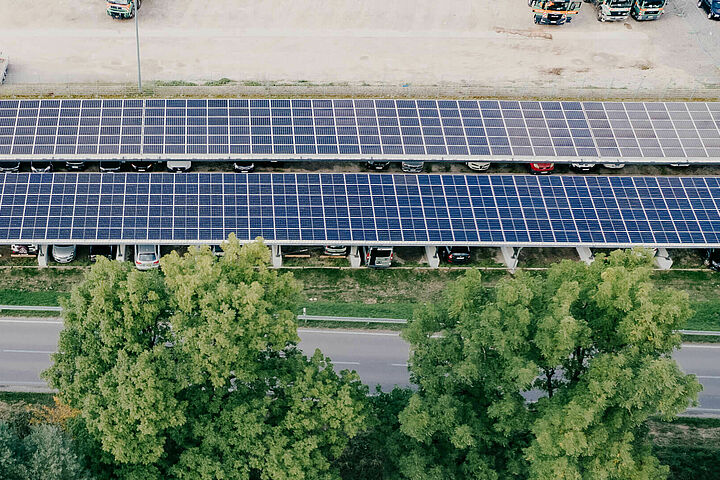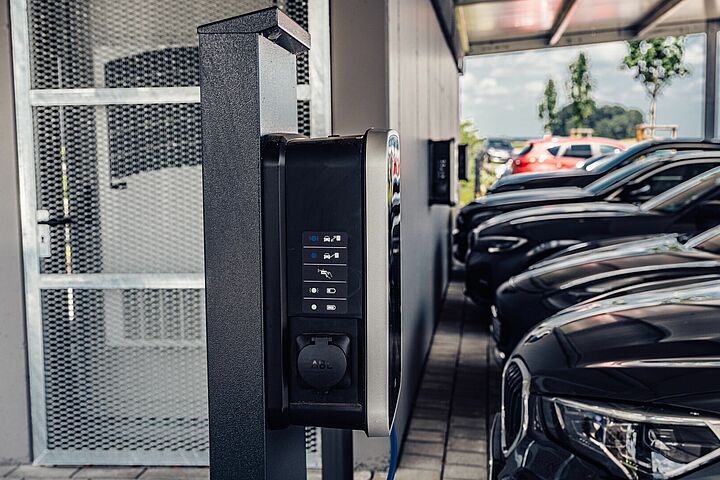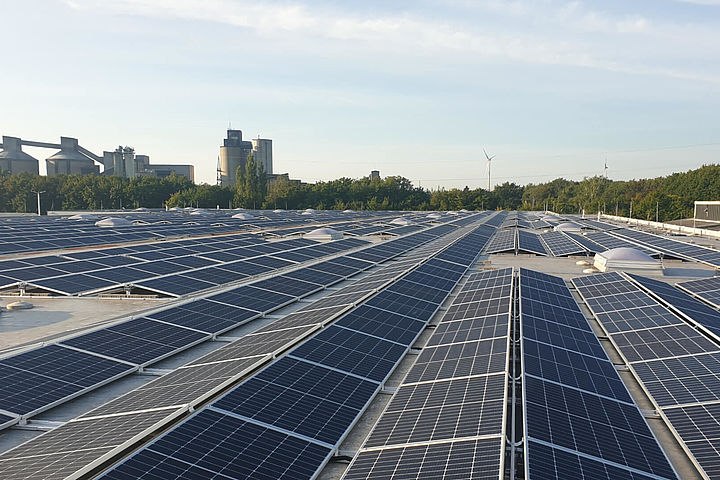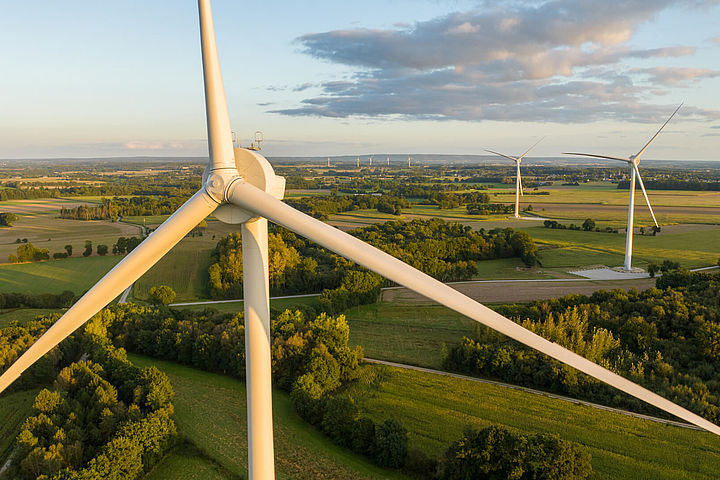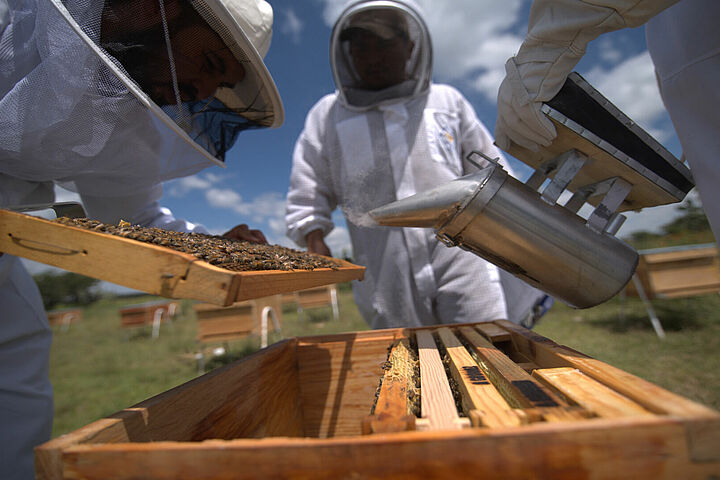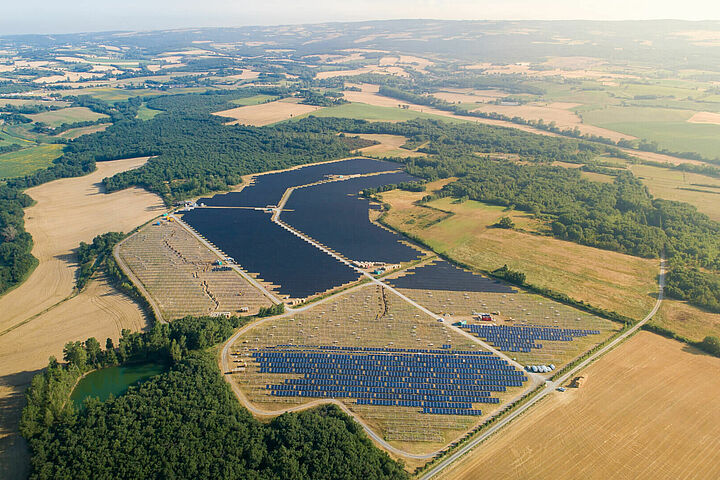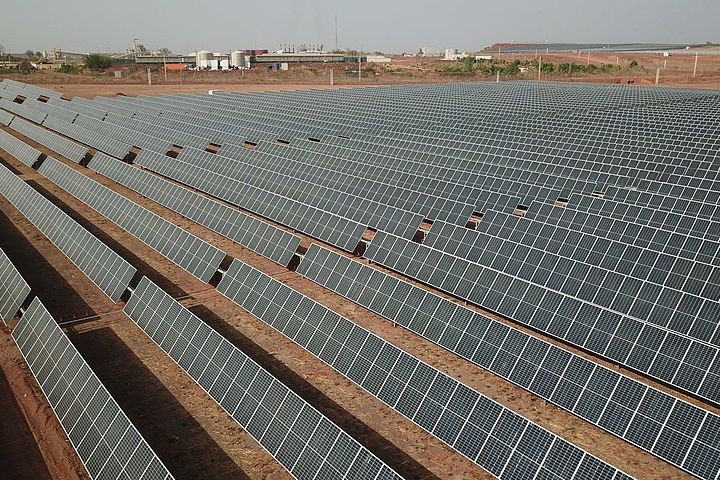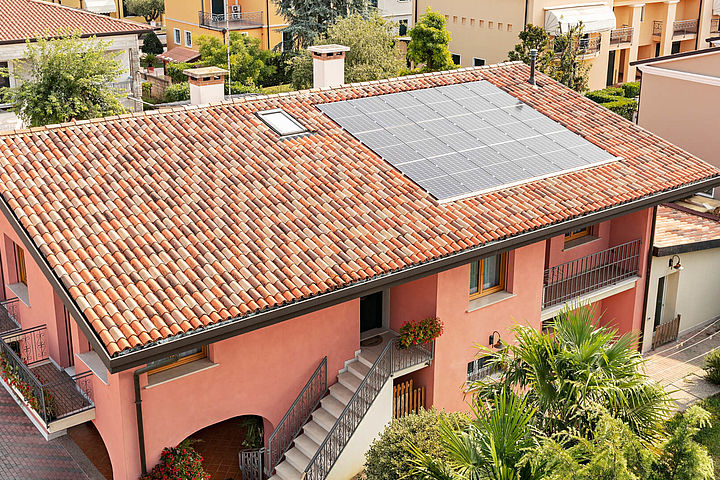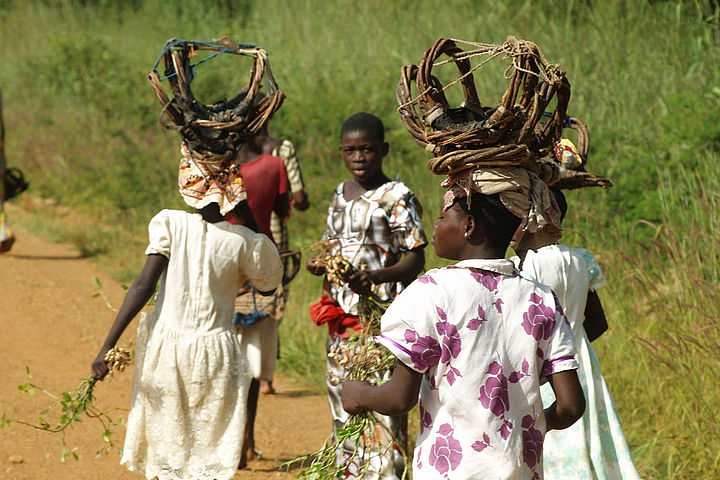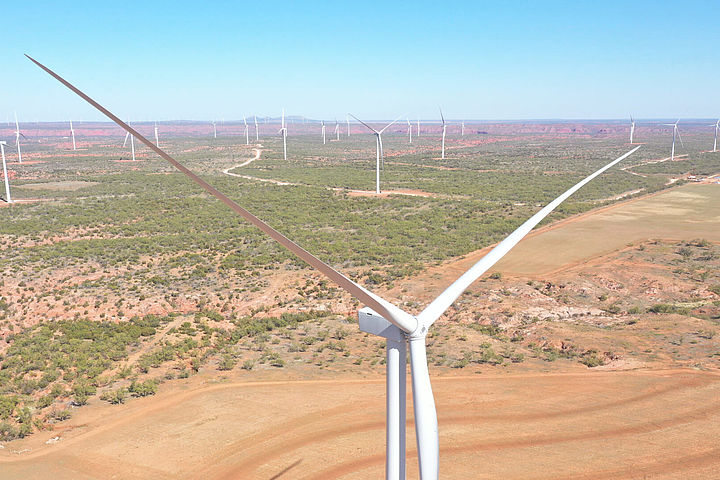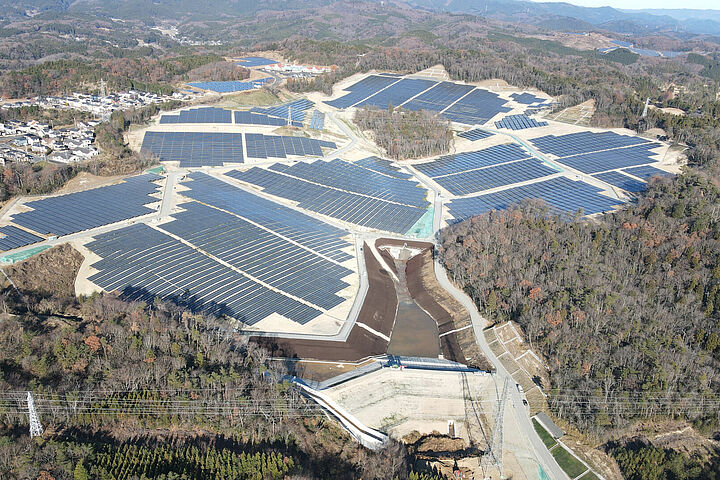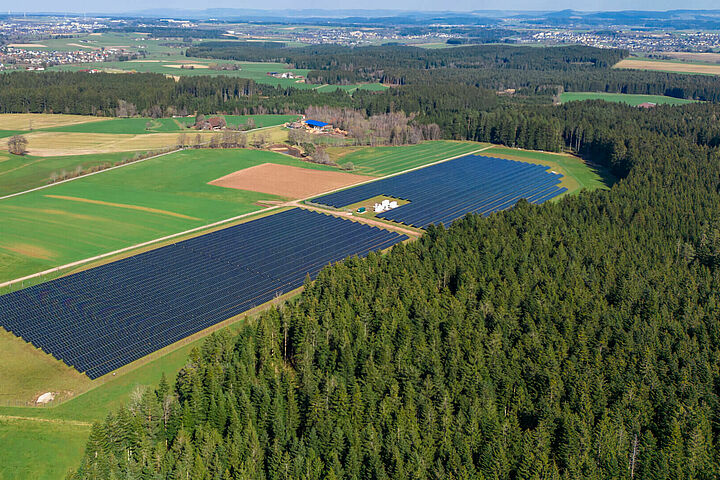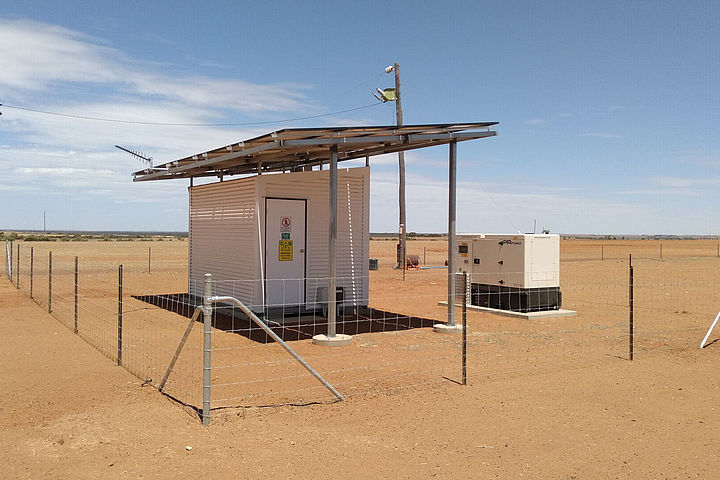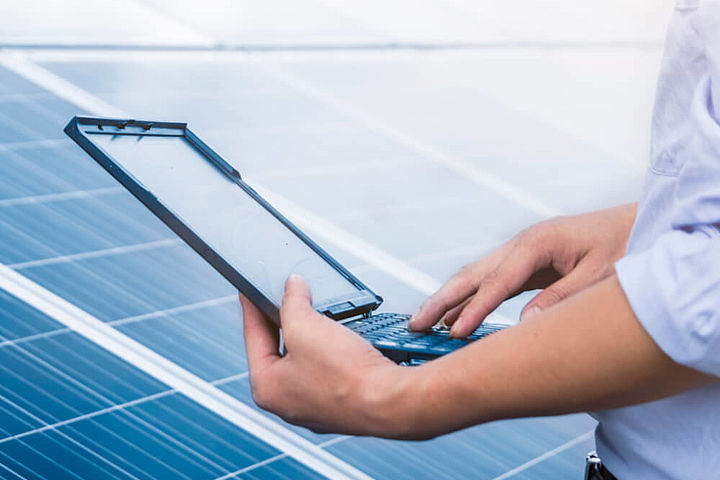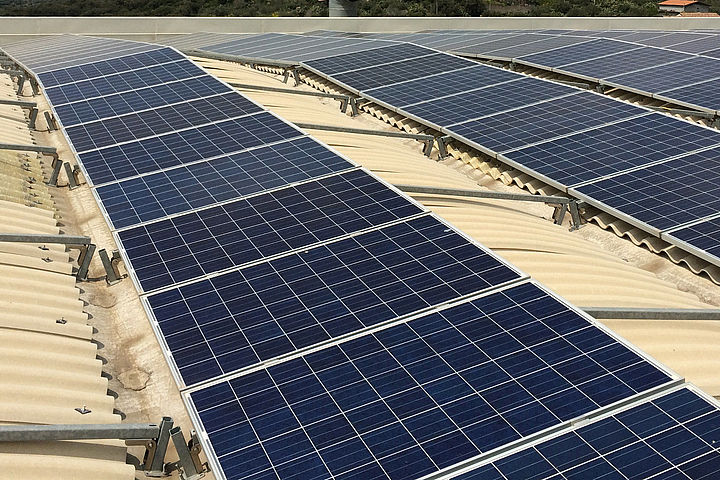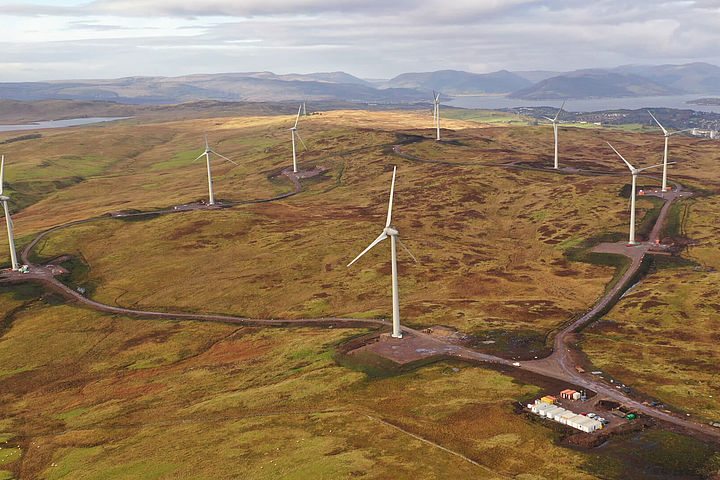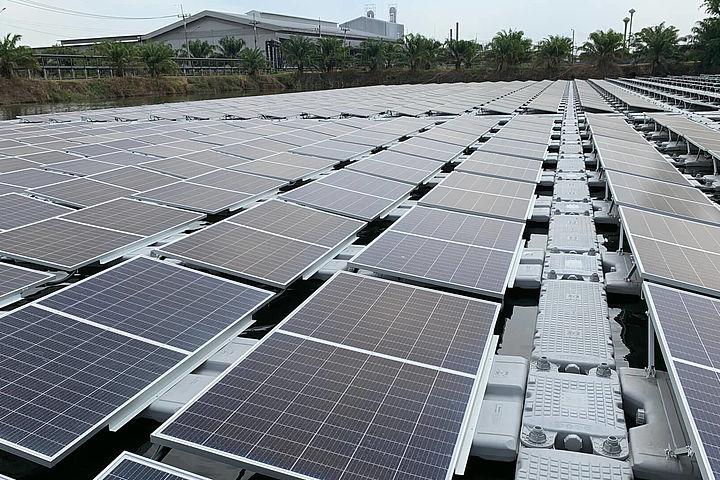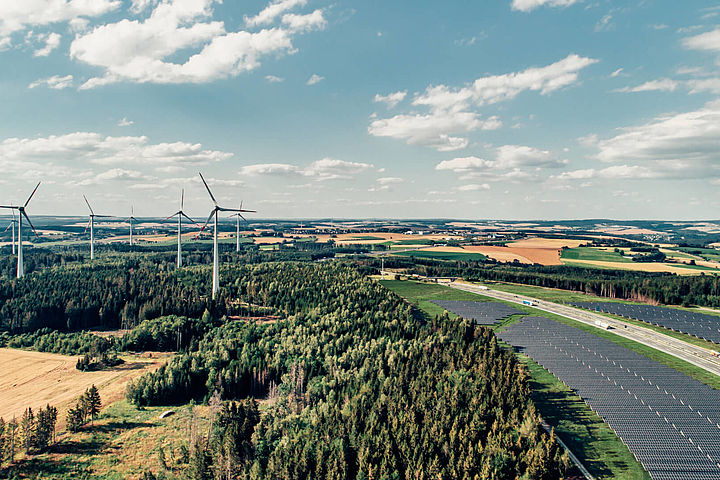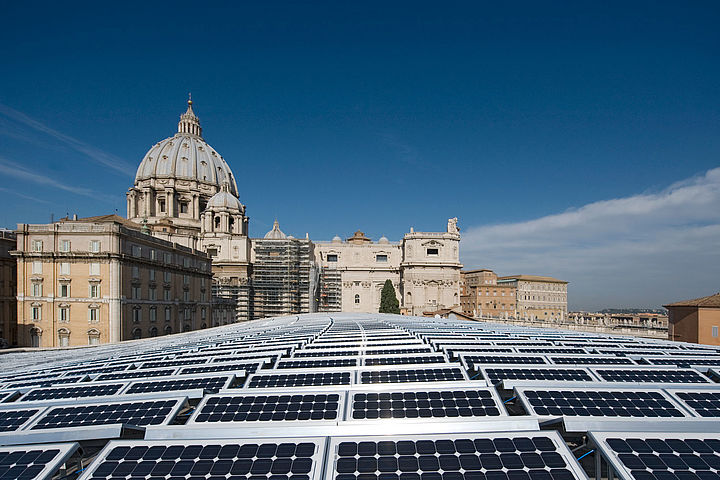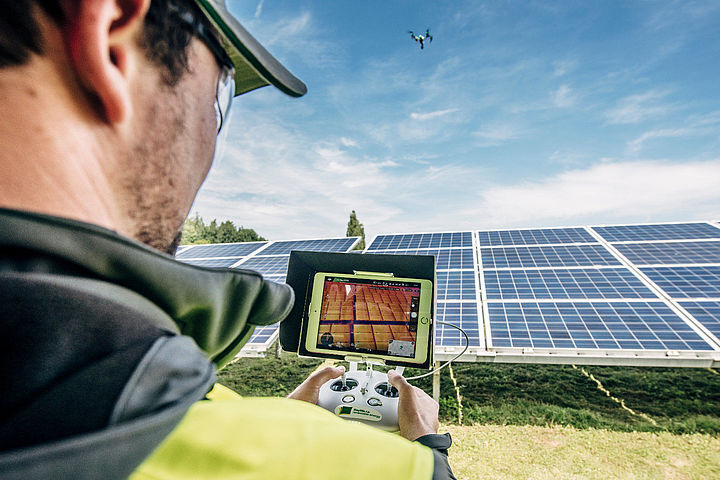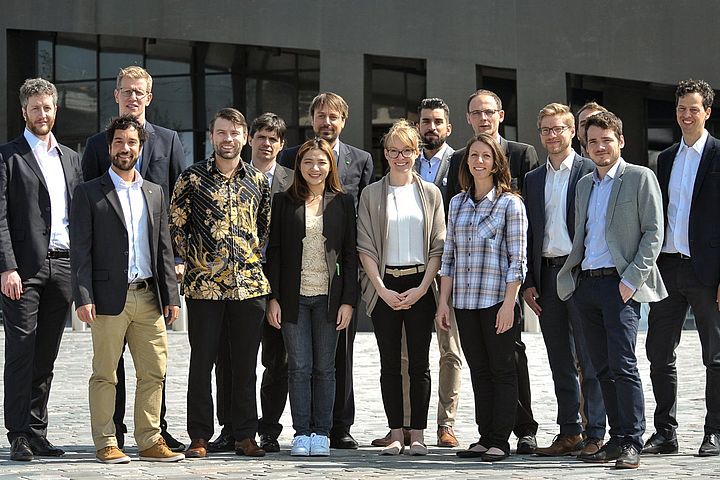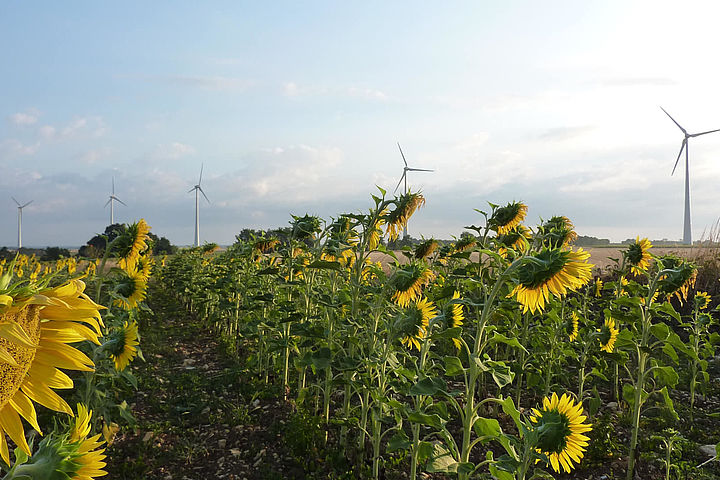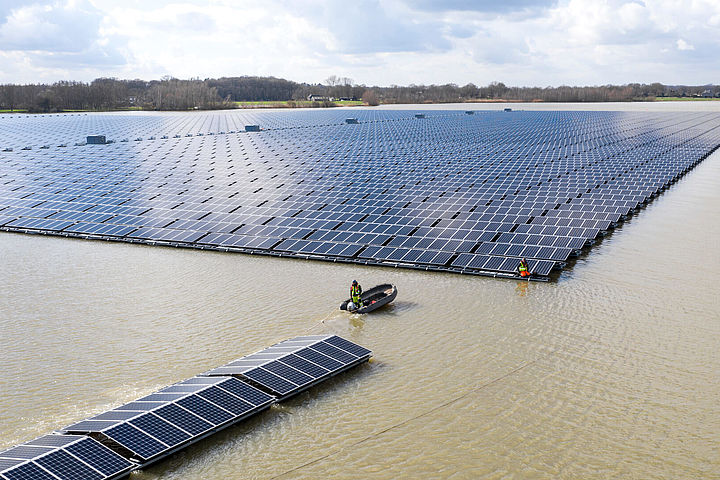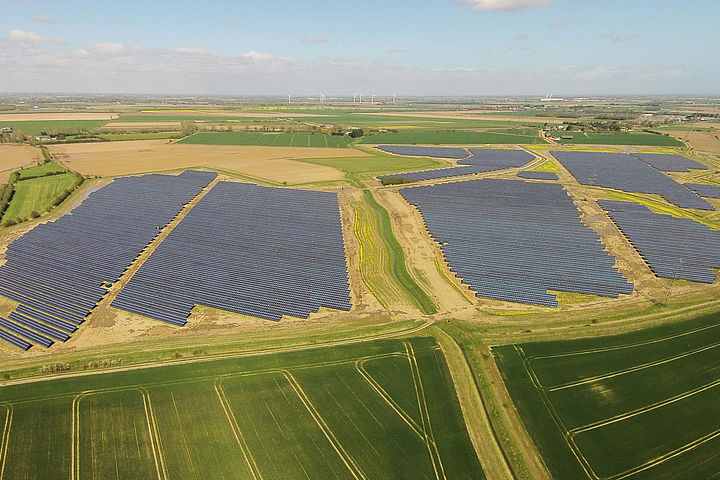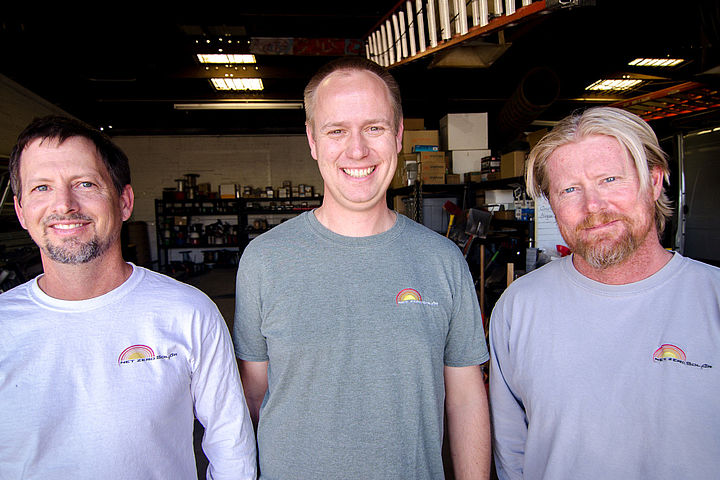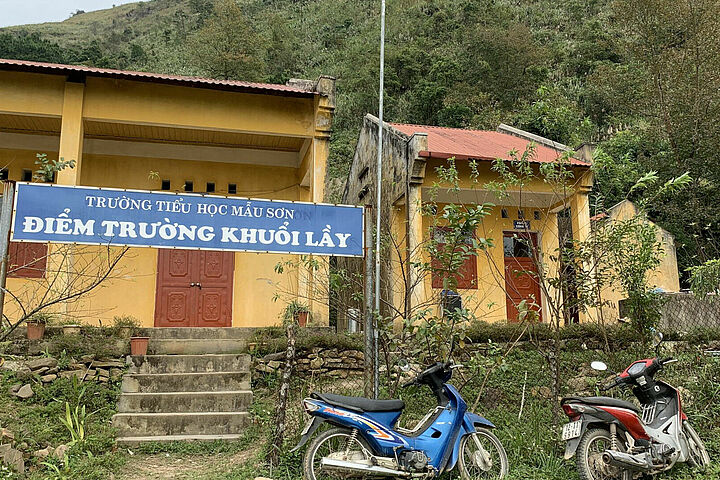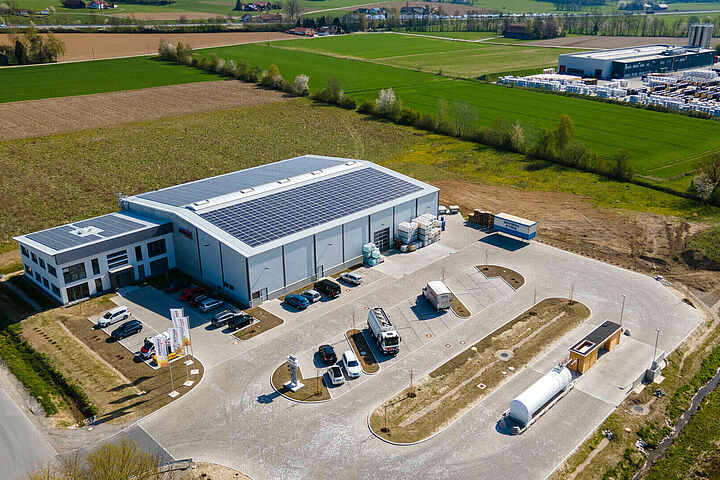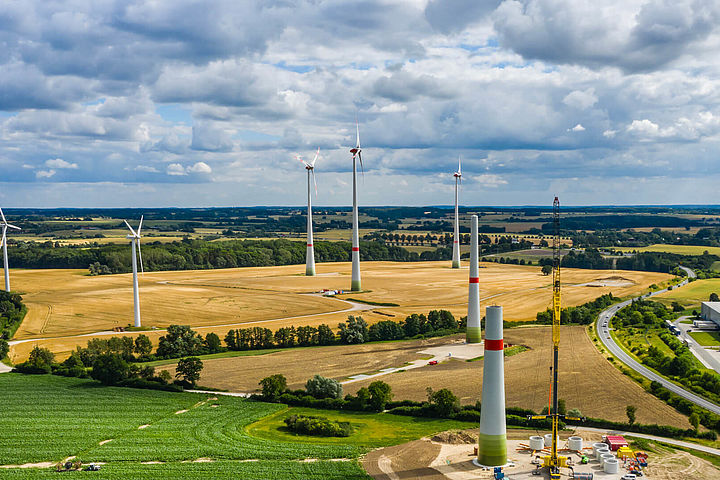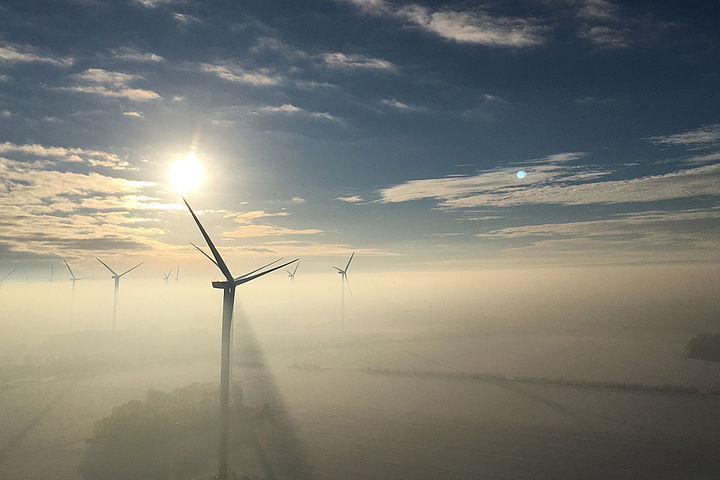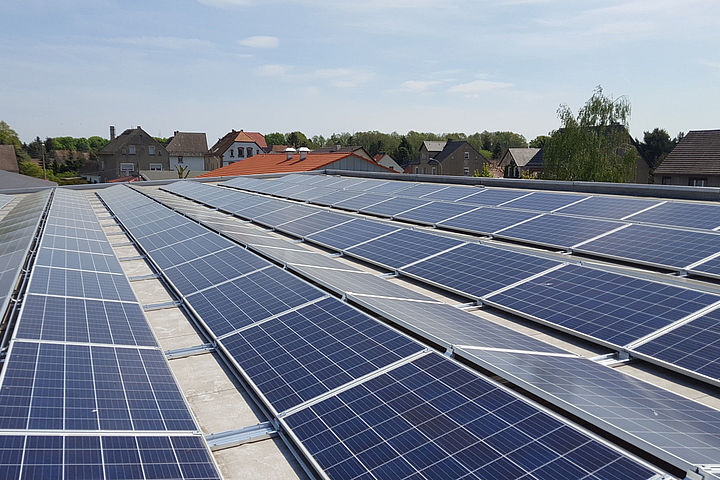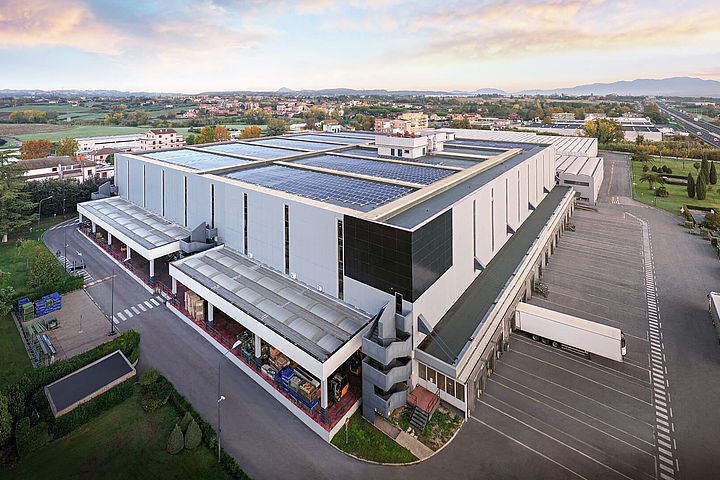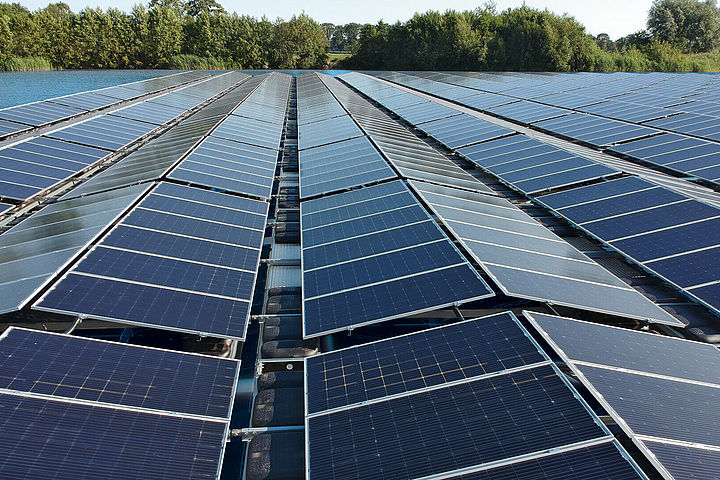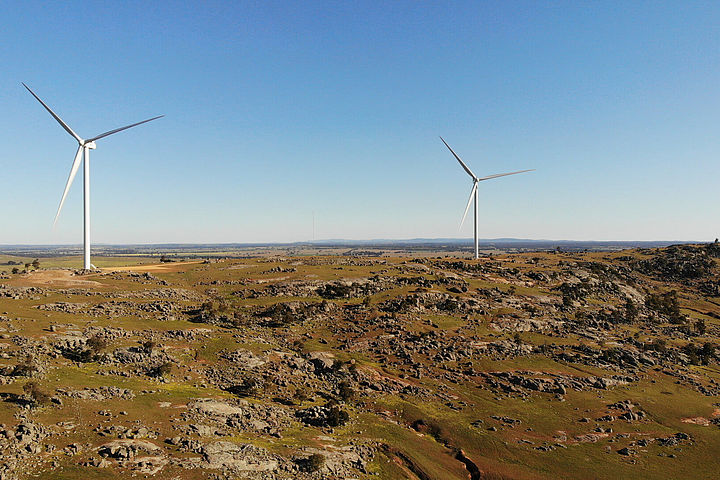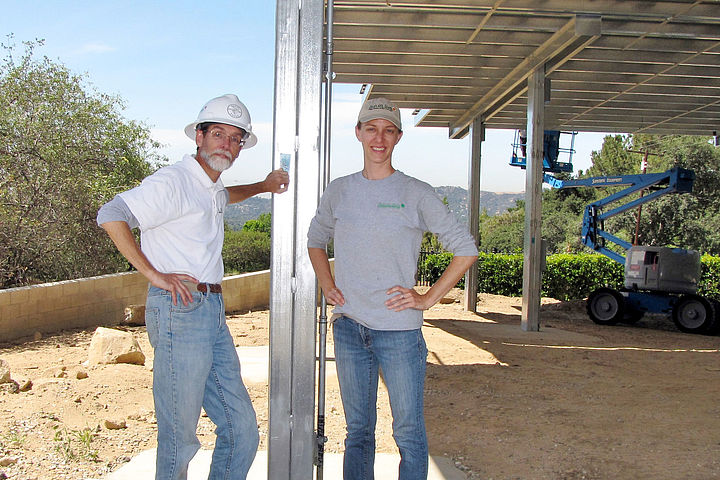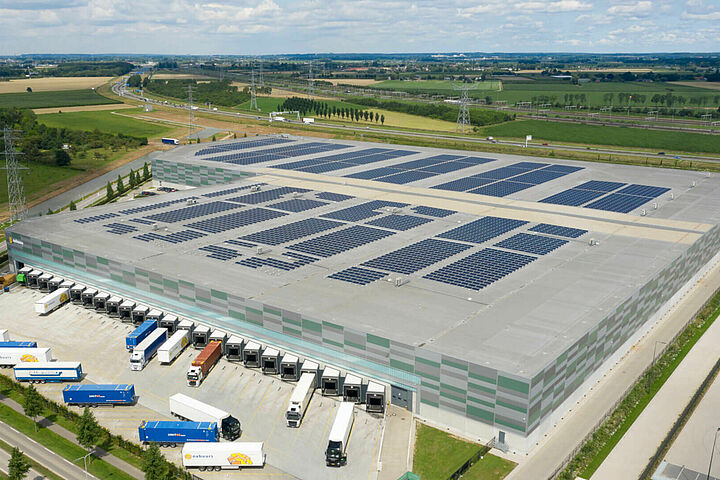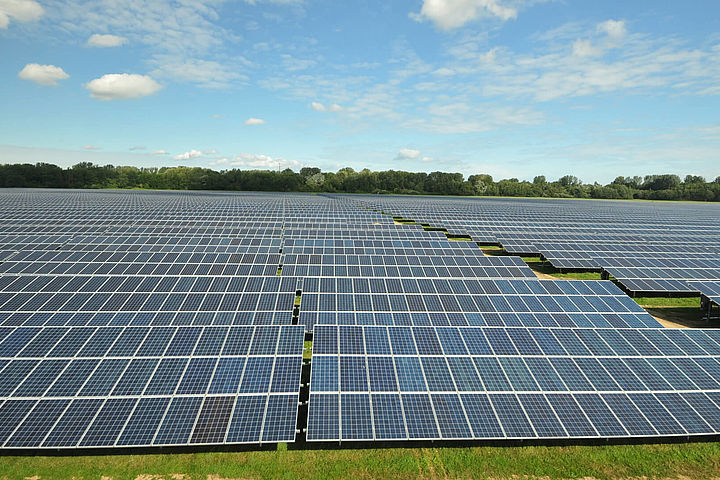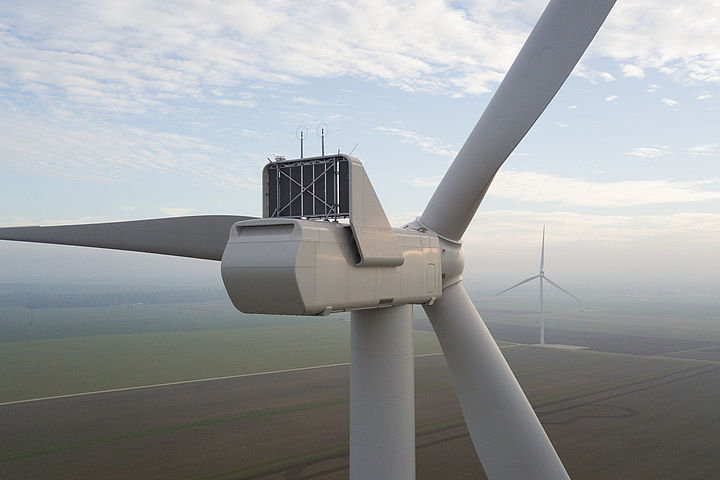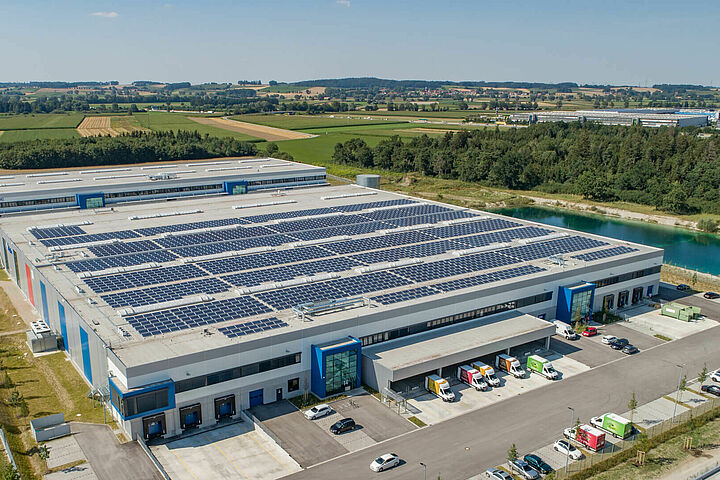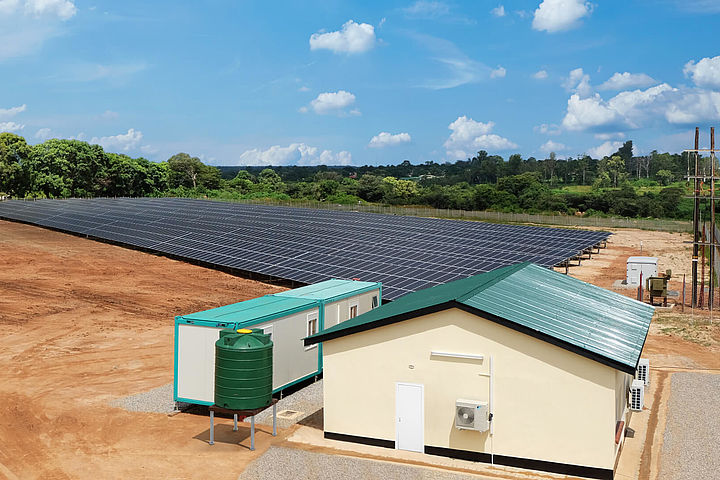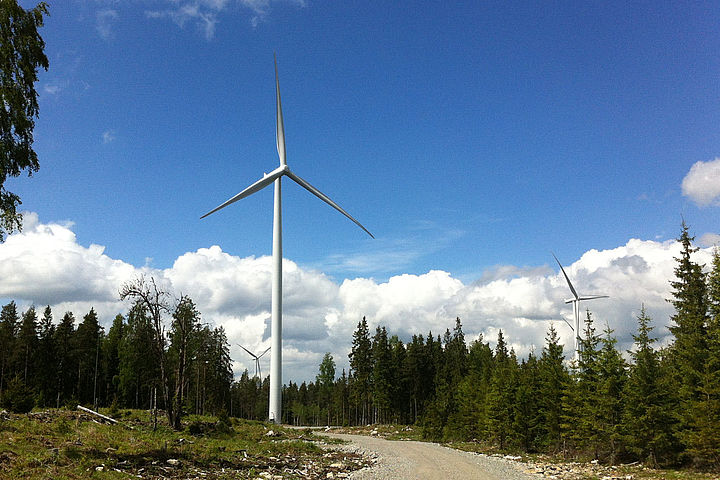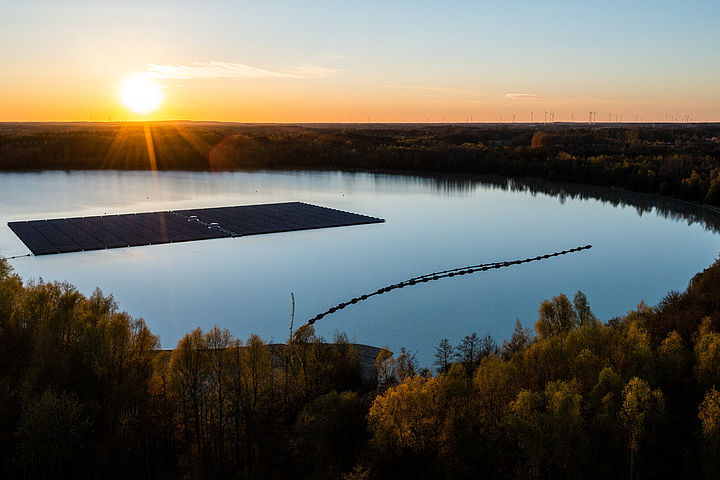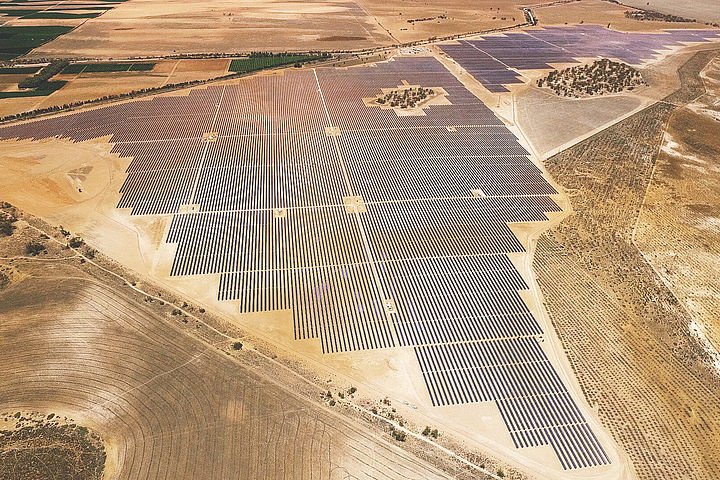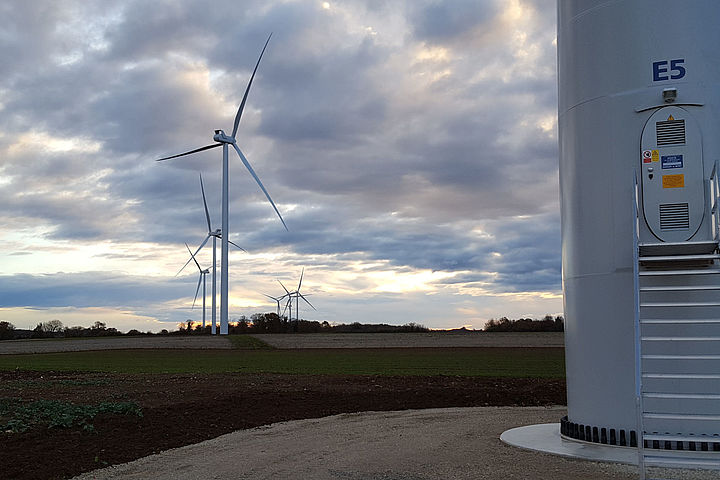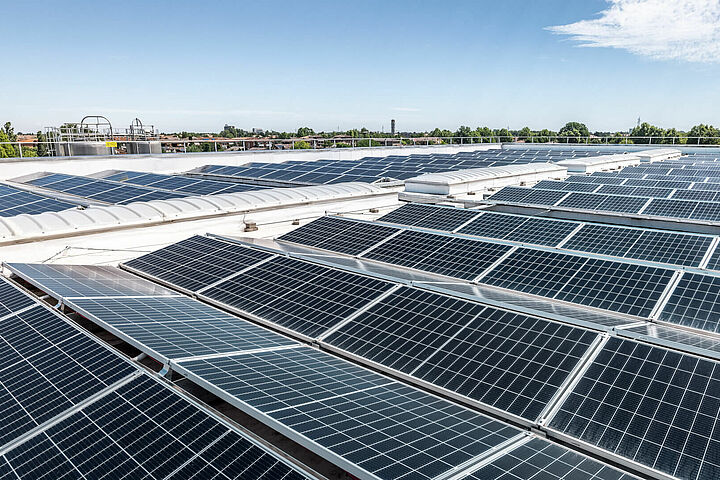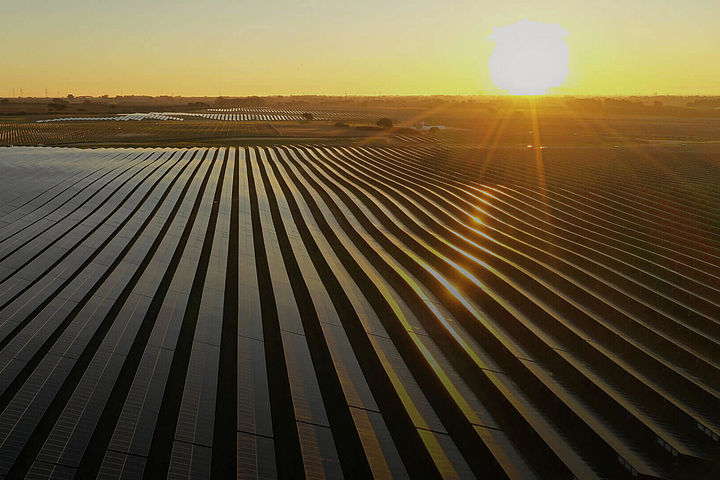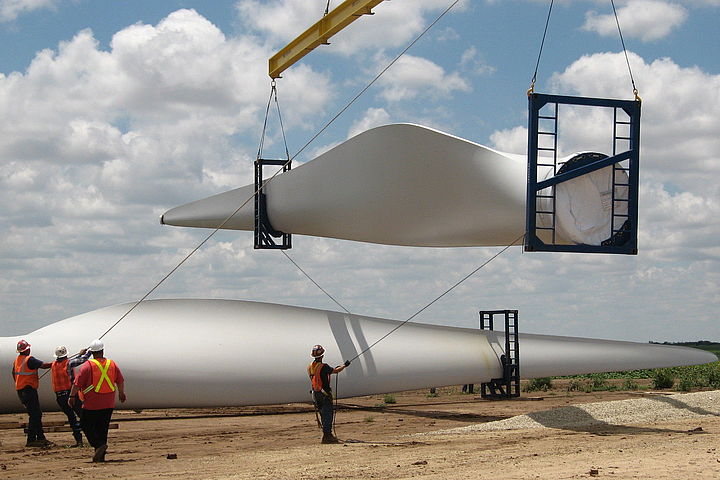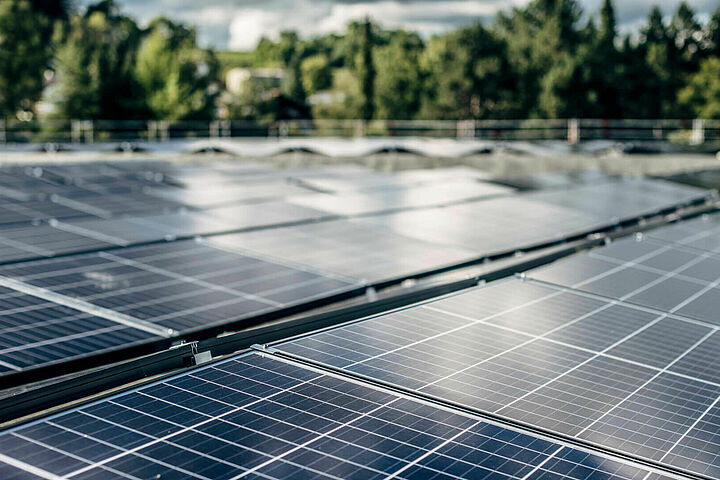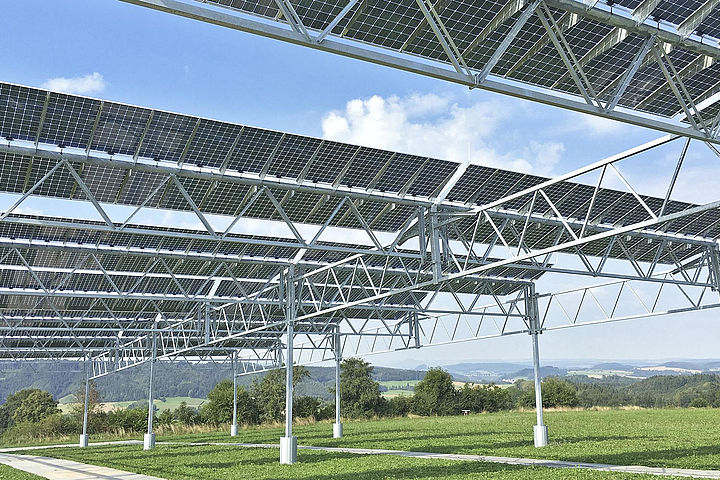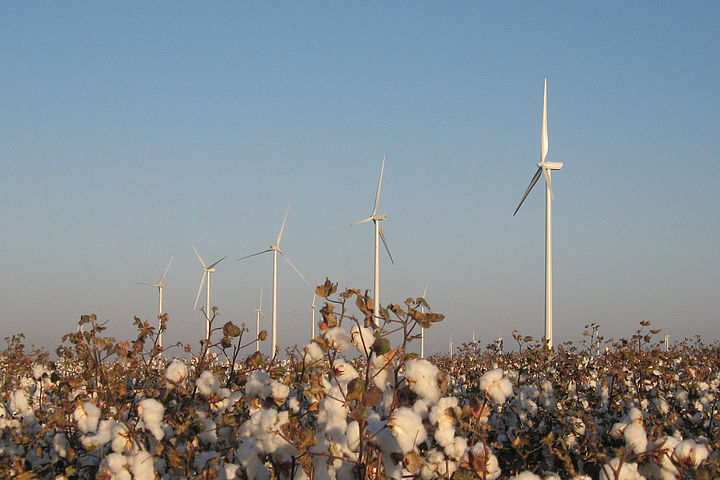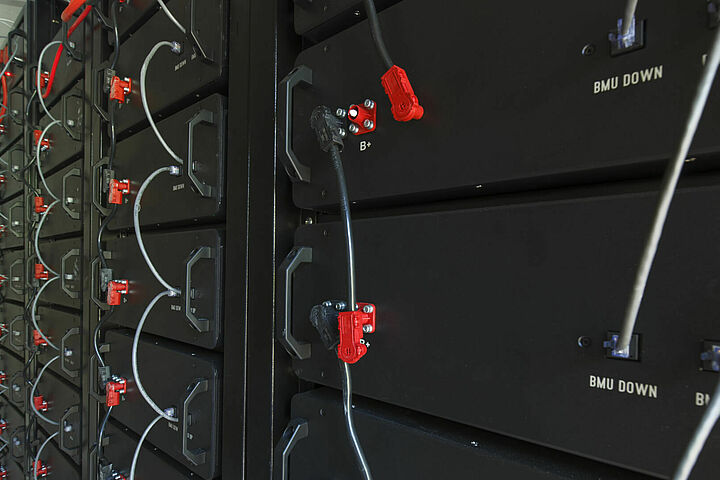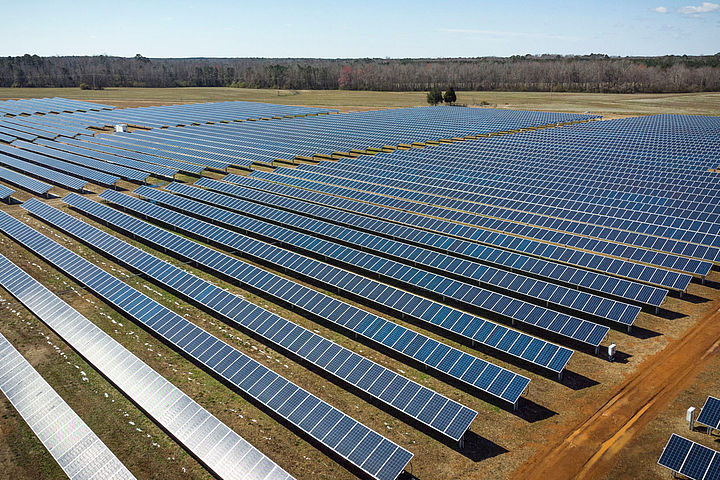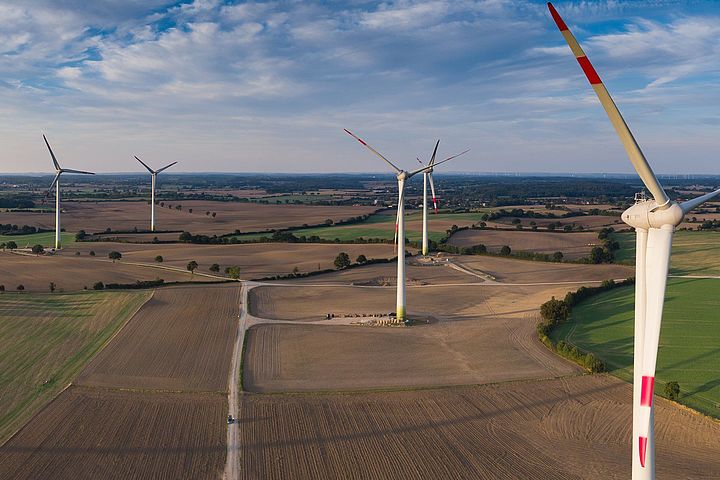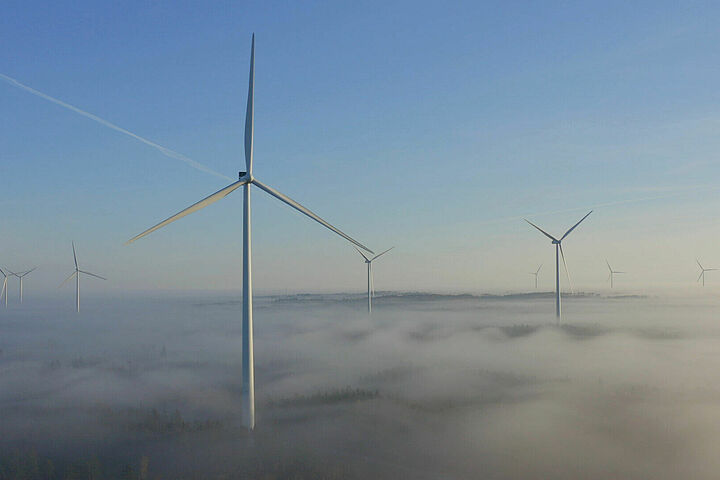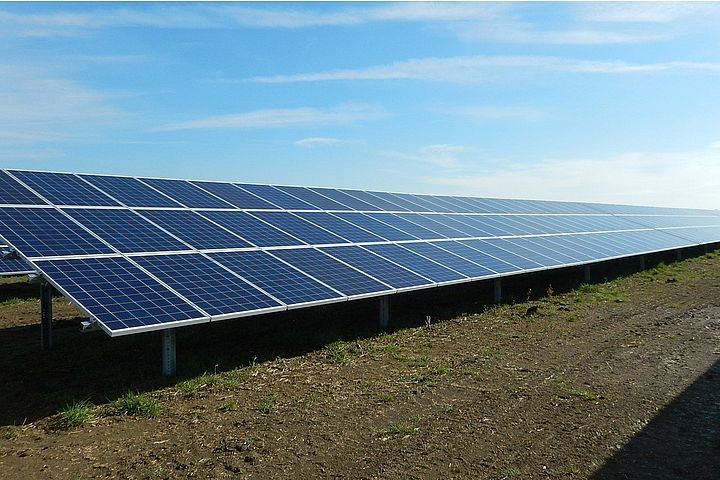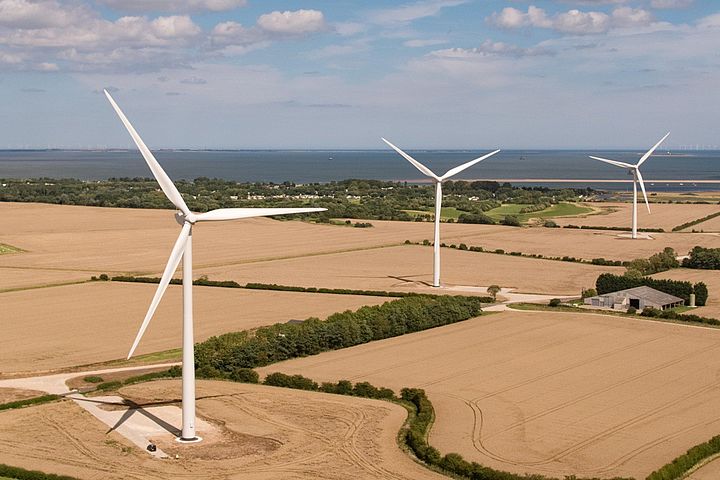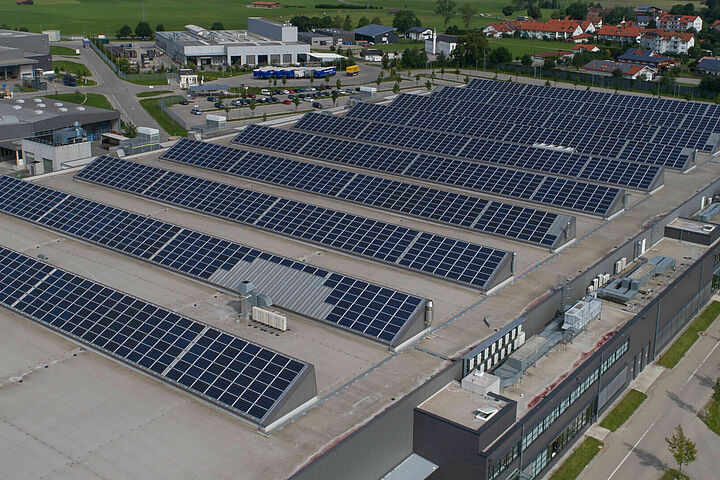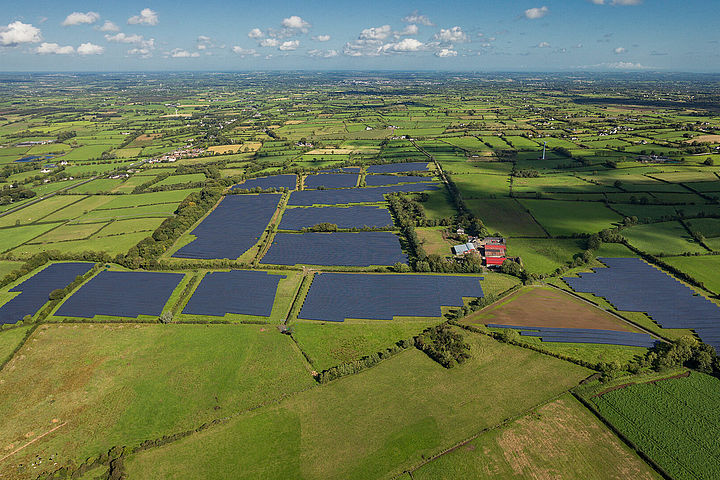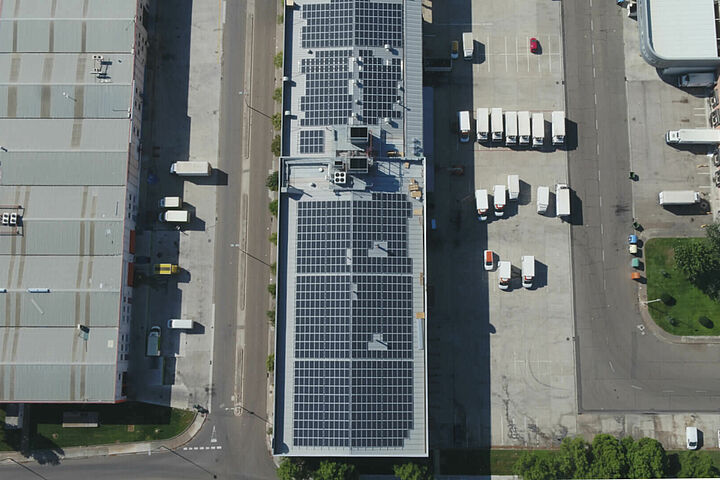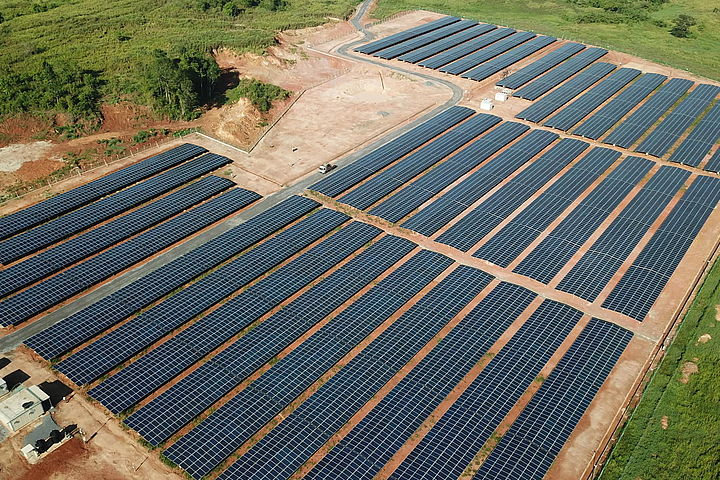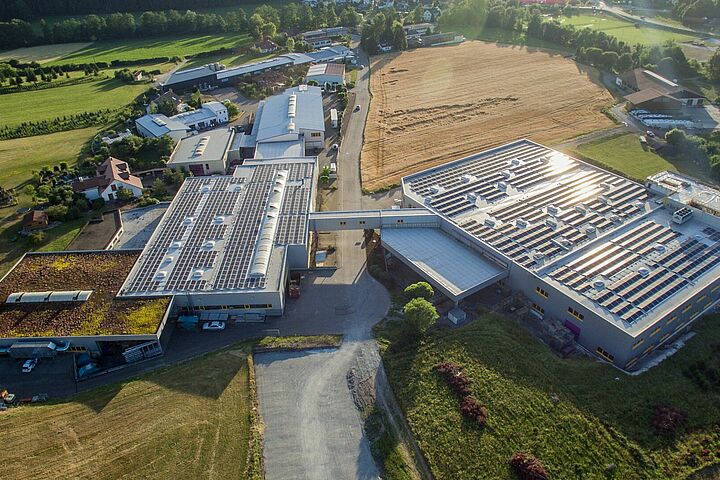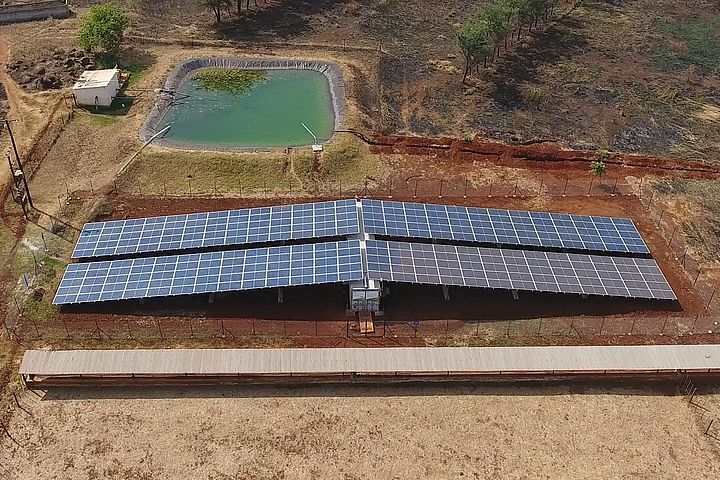Cutting Poland’s CO2 with subsidy-free solar and a VPPA
01—
Setting the scene
Around 80% of Poland’s energy needs are currently met from coal-fired generation – however there is a huge and growing appetite for renewables, particularly from the commercial and industrial sectors.
These businesses are attracted by the competitiveness of new renewable generation technologies as well as requests for improved green credentials from their stakeholders. With extensive experience in developing large-scale subsidy-free solar projects, BayWa r.e. was keen to be part of the country’s energy transition.
Securing the country’s first Virtual Power Purchase Agreement (VPPA) with HeidelbergCement was part of BayWa r.e.’s wider strategy in Poland as the country rapidly brings more renewables online.
Believing it was possible to realise a subsidy-free solar project in the country, we took on the challenge, focusing on an 80-hectare site in Witnica province in north Poland, close to the German border between Poznań and Berlin.
02—
Meeting the Challenges
Solar energy has been gaining in popularity in Poland recently, mainly in the form of micro installations by individuals and small business prosumers, but it’s expected that demand from the commercial and industrial sectors will soon own the majority share.
One of the largest hurdles for large scale renewable projects is undoubtedly securing grid capacity. There’s a need for the modernisation of both the transmission and distribution networks across the whole of the country, but particularly in the north where the majority of existing renewable projects are to be found.
There are also no coal plants in the region so existing infrastructure is sparse. This means that due to the costs associated with ensuring that both grid capacity and connection is available, only larger generation projects are commercially viable.
Securing a long-term electricity off-take for any project is critical. Subsidy-free development can only be achieved if there is a party willing to off-take a substantial share of the generation. Importantly, it secures the project’s cash-flow over a sufficient period of time, which allows the investor to recoup its investment and also provides the ‘off-taker’ an attractive and secure source of green electricity.
That meant we needed to find the right partner and create the appropriate contractual and commercial conditions which would allow both parties to minimise the risks.
Despite these challenges, we were able to secure all the necessary permissions and grid connections, and our 64.6MWp Witnica solar park was completed at the end of 2020.
However, overcoming grid connection issues was just the first hurdle and the commercial success of the project wouldn’t have been possible without securing a VPPA with HeidelbergCement. The VPPA, which secures a price for a volume of electricity over a period of time, also ensured the financial viability of the project – all without the need for any Government subsidy. In this way the project can be deemed truly ‘subsidy free’.

BayWa r.e. first achieved grid parity in 2018 and it is amazing how quickly we are now bringing it to other countries like Poland, ahead of when we thought it would be possible! We’ve also shown that with the right investment and expertise, grid capacity and connectivity issues can be overcome.
Dr. Benedikt Ortmann
Global Director of Solar Projects, BayWa r.e.
03—
The results
With the 10-year VPPA signed in January 2021, once connected to the grid, the site will be ready to produce green electricity and make a tangible contribution towards Poland’s carbon reduction ambition.
The solar park, which will produce enough green electricity to power the equivalent of around 22,500 homes is by far the largest solar project in Poland. It is not only the first to be built without the need for subsidies, but also the first to be commissioned with a VPPA in place.
The virtual off-taker in this instance is Gorazdze Cement SA, a subsidiary of HeidelbergCement, which has a large presence in Poland. The VPPA represents a significant step in HeidelbergCement’s road to carbon neutrality, as set out in its membership of the 50 Sustainability & Climate Leaders.
By 2025, Gorazdze Cement SA aims to reduce specific net CO2 emissions to below 525 kg per tonne of cement-based material. This figure corresponds to a reduction of 30% compared to 1990 figures and had previously been a 2030 target. The company has also committed itself to offering carbon-neutral concrete by 2050 at the latest.
The first electricity will be produced in June 2021.
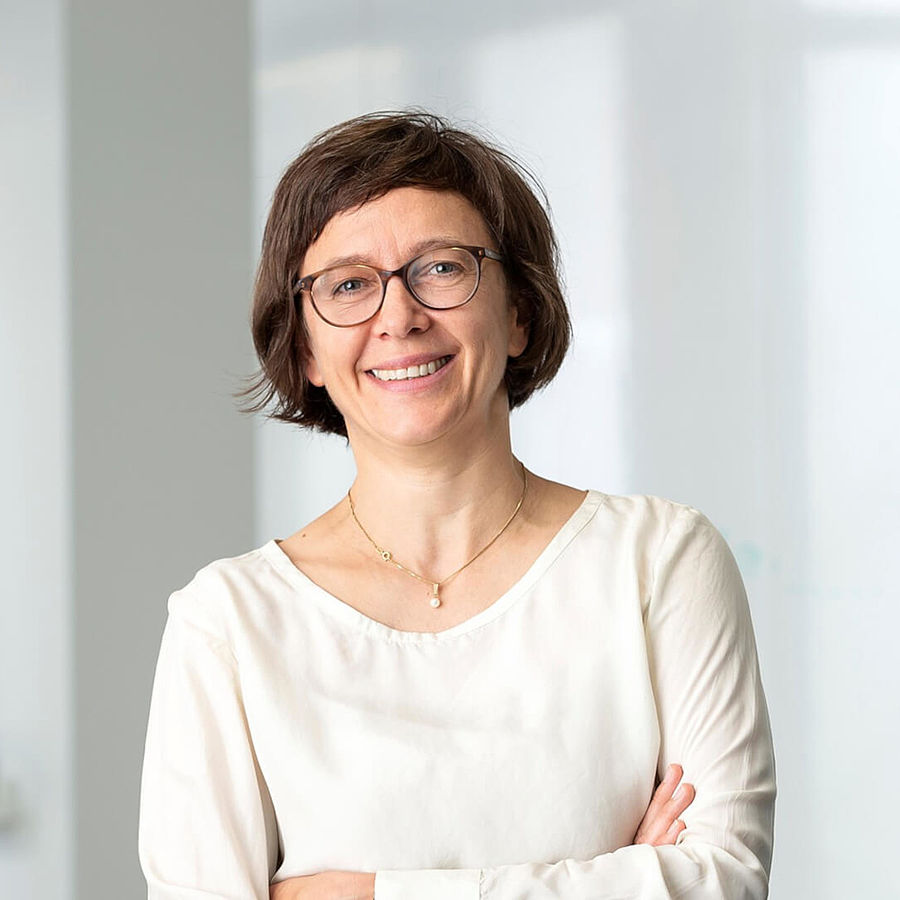
We are very proud of the role we play in helping companies globally to source their own green energy via corporate PPAs. By supporting them to shift to renewable energy, we are reducing both their carbon footprint and reliance on fossil fuels while helping them to make savings on their energy bill.

